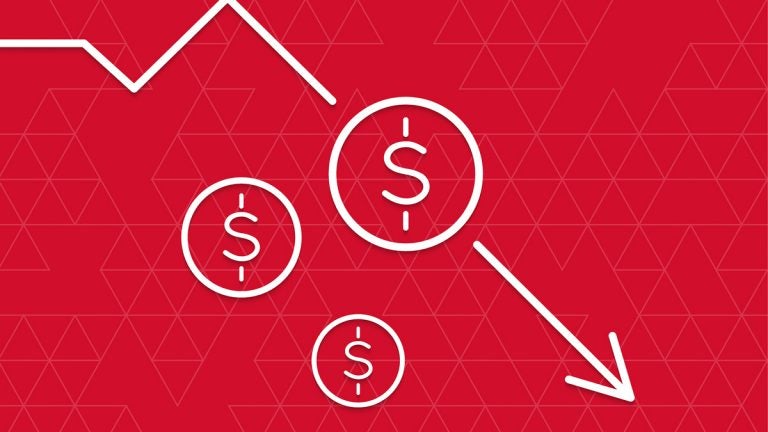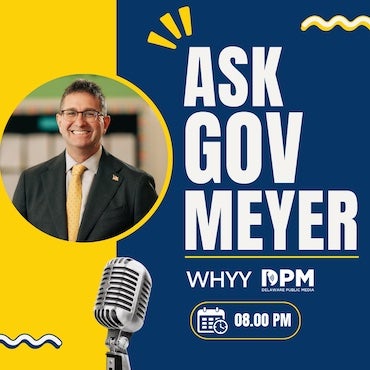Employer payroll taxes in New Jersey to drop even further

New Jersey businesses already thrilled with a $200 million payroll tax break coming this summer thanks to the improved condition of the state’s Unemployment Trust Fund got even better news yesterday. The size of that tax cut will now nearly double due to the fund’s expanding surplus.
Gov. Chris Christie made the announcement during a news conference in West Trenton, saying it’s directly tied to his administration’s efforts to grow the state economy and to protect the unemployment fund against fraudsters.
A constitutional protection passed by New Jersey voters several years ago has also helped by bringing to an end a series of unemployment trust fund raids carried out by prior governors and lawmakers looking for easy cash to balance budgets without raising taxes. That’s something Christie has done himself throughout his tenure to funds that don’t have the same constitutional guard, including the state’s Clean Energy Fund, with raids now totaling an estimated $1 billion.
Business lobbyists praised the news of the increased payroll tax cut, which will equal on average roughly $100 per employee starting this July. And they said it comes at an especially good time since several pieces of legislation opposed by the business community, like requiring earned sick leave and increasing the minimum wage to $15, have been advancing in the Democratic-controlled Legislature.
“This is hugely positive,” said Tom Bracken, president of the New Jersey Chamber of Commerce. “It’s a doubling up of good news.”
The explanation for the payroll tax break is rooted in both the structure of New Jersey’s Unemployment Insurance Trust Fund and the fairly steady improvement in the state’s economy that’s occurred over the last year.
The trust fund is used to cover state unemployment benefits, generating revenue from payroll taxes levied on both employees and employers. But when the trust fund is running low, the rules call for just the payroll tax on employers to be adjusted upward to replenish the fund’s coffers. And only when the fund starts to build up a surplus during better times can the payroll taxes on employers be eased.
Christie, speaking outside the headquarters of New Jersey Manufacturers Insurance Co., said the fund’s surplus has now swelled to nearly $2 billion, allowing for the latest easing of the payroll tax starting July 1. He had previously announced a cut of $200 million, but he said more precise numbers now available show it will instead total $380 million.
“It’s always good to be governor and to be able to announce taxes are going down,” Christie said during the event.
Though the condition of the trust fund was one of the state’s biggest financial headaches when Christie, a Republican, took office amid recession in early 2010, he said it’s now become one of his administration’s success stories.
Nearly $5 billion was raided from the fund by governors and lawmakers from both political parties during the 15 years that preceded the Great Recession. That left the fund ill-equipped to handle the surge in demand for unemployment benefits as the state’s jobless rate spiked to 10 percent in 2010, around the time Christie was sworn in.
To keep the fund solvent, a hike in the payroll tax was triggered and the state was also forced to borrow roughly $2 billion from the federal government. Other states faced a similar predicament, and in all 30 were forced to borrow money from the federal government to keep pace with the demand for unemployment benefits during the recession, according to data collected by ProPublica.
Legislation sponsored by Democrats and signed into law by Christie in 2010 set up a bipartisan task force of lawmakers to evaluate the problem in New Jersey and figure out ways to restore the trust fund to solvency. Later that year New Jersey voters approved a ballot question amending the state constitution to protect the unemployment account against future raids in Trenton.
Now, as the state’s unemployment rate has dropped to 4.4 percent, well below the national average of 5 percent, fewer people are collecting unemployment benefits in New Jersey and more revenue is also coming in via the payroll tax.
Christie said yesterday that business-tax cuts and corporate-tax incentives that his administration has instituted have driven the state’s improving economy.
“I absolutely believe it’s because of the policies we’ve worked on in concert with the business community,” he said.
But Christie also credited anti-fraud efforts spearheaded by Department of Labor and Workforce Development Commissioner Harold Wirths. The unemployment fund’s $1.8 billion surplus has been boosted by nearly $800 million saved after the department started comparing new-hire lists to current unemployment rolls and checking for claims filed online by individuals who aren’t New Jersey residents.
“This would not be possible without the efforts of the labor commissioner and the folks at his department,” Christie said.
A tax break of $100 per employee may not seem like a lot, but Michele Siekerka, president of the New Jersey Business & Industry, said it can be significant for small businesses working on a tight margin.
“Any time you bring relief to small businesses is a good day,” Siekerka said.
She also predicted the tax cut would likely lead to more hiring, more investment and an increased use of technology by her organization’s members.
Bracken, the chamber of commerce leader, said the news of the tax cut also sends a strong signal to a business community that has been concerned about several bills making their way through the Legislature in recent weeks. They include a proposal that would require businesses both large and small to provide their employees with earned sick leave and legislation seeking to increase New Jersey’s current $8.38 minimum wage eventually up to $15.
“This is the kind of stuff, unfortunately, that we need more of,” Bracken said, speaking about the $380 million payroll tax cut.
________________________________________________
NJ Spotlight, an independent online news service on issues critical to New Jersey, makes its in-depth reporting available to NewsWorks.
WHYY is your source for fact-based, in-depth journalism and information. As a nonprofit organization, we rely on financial support from readers like you. Please give today.




